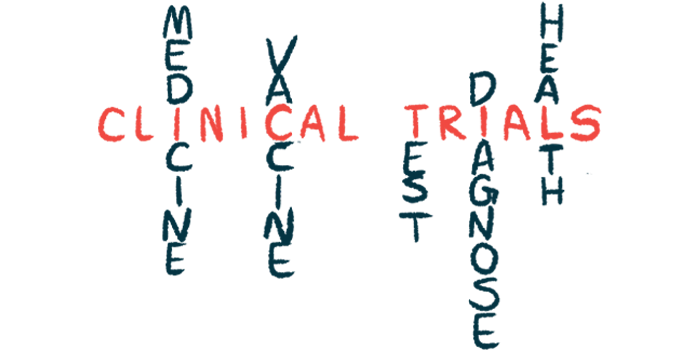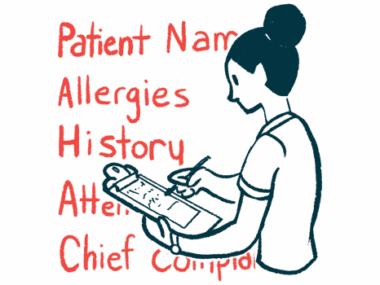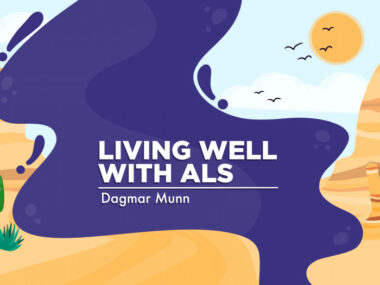Patient guide aims to increase, diversify clinical trial participation
Guide explains research process in English and Spanish
Written by |

The Les Turner ALS Foundation, in an effort to boost and diversify clinical trial participation, has written a step-by-step guide to inform people on why clinical research in amyotrophic lateral sclerosis (ALS) needs a diverse pool of participants, how to join clinical research, and what to expect when getting involved.
The ALS & Participation in Clinical Research guide is available in English and Spanish, with the aim of making it easier for more people to access information and understand what to expect in a clinical trial and how participation affects research. Healthcare professionals can use the guide to educate their patients about clinical trials and research studies.
The foundation said the guide “demystifies” the process. “We want to empower people living with ALS and their families to make informed decisions about whether to participate and break down the complexity around clinical research,” Lauren Webb, Les Turner ALS Foundation’s chief advocacy and outreach officer, said in a foundation press release.
ALS damages the nerve cells that control the body’s voluntary movements, leading to muscle weakness. Symptoms of ALS grow more severe over time and eventually cause patients to lose the ability to carry out everyday tasks. But the way the disease manifests and how fast it progresses varies from patient to patient, which can make it difficult to diagnose and treat. Researchers need more data to gain new insights into ALS and develop treatments that work better for everyone.
“It’s important for people with many different backgrounds and experiences to get involved in ALS research,” Webb said. Many patients don’t know how to participate, and those who do participate don’t usually represent the overall ALS population, the foundation said.
Diversity in research helps science
“When people of all ages, genders, races, and ethnicities participate in research, scientists can learn more about how ALS affects everyone — and develop treatments that work for as many people as possible,” Webb said.
The foundation wrote the guide together with the Northeast Amyotrophic Lateral Sclerosis Consortium (NEALS), a large network of clinical research sites.
The 12-page guide explains the benefits and risks of getting involved with clinical research, whether it’s through clinical trials, observational studies that follow patients over time, expanded access programs that grant access to yet-unapproved treatments outside clinical trials, or end-of-life tissue donations.
It describes each of the four phases of a clinical trial, and offers advice on how to decide whether to take part in clinical research and what questions to ask before getting involved, including questions about access to healthcare during the trial, insurance policies, and expenses.
Alongside insights from healthcare professionals, the guide contains testimonials from patients and caregivers about the importance of clinical research in finding new treatments with the potential to manage ALS or slow down its progression.
The guide was published as part of ALS Awareness Month.






